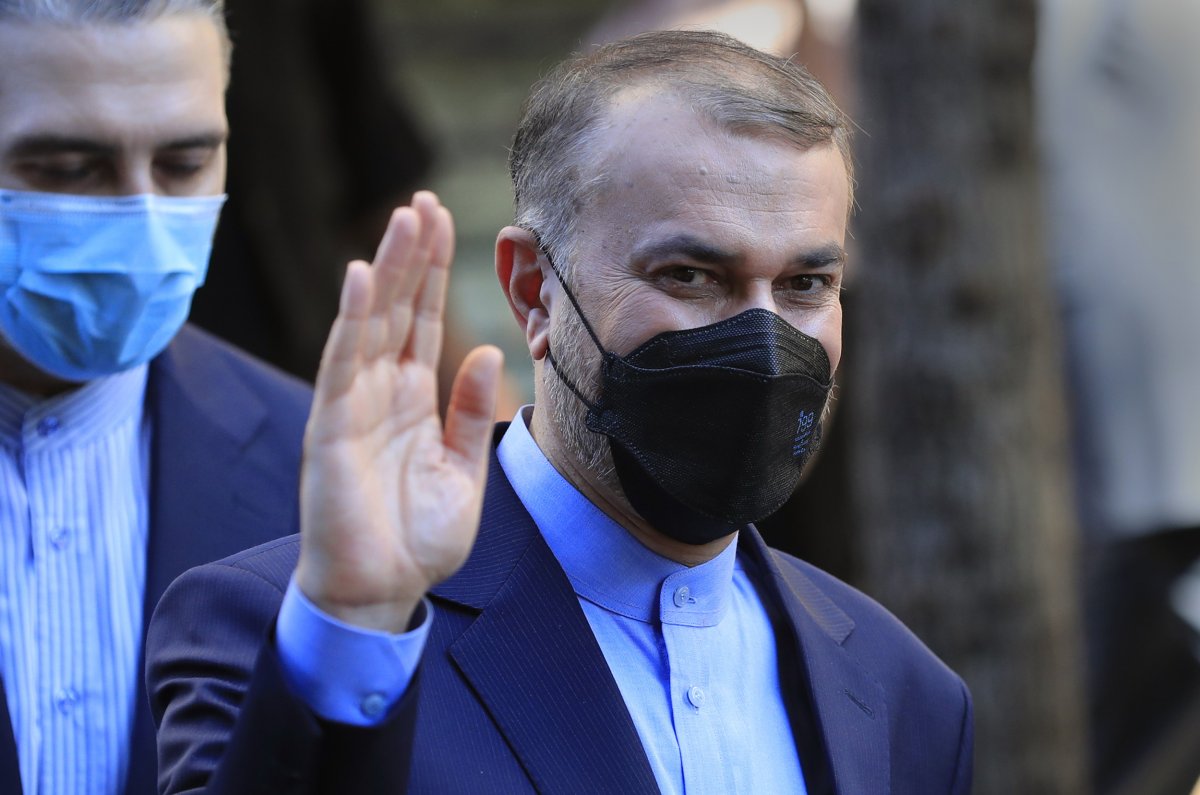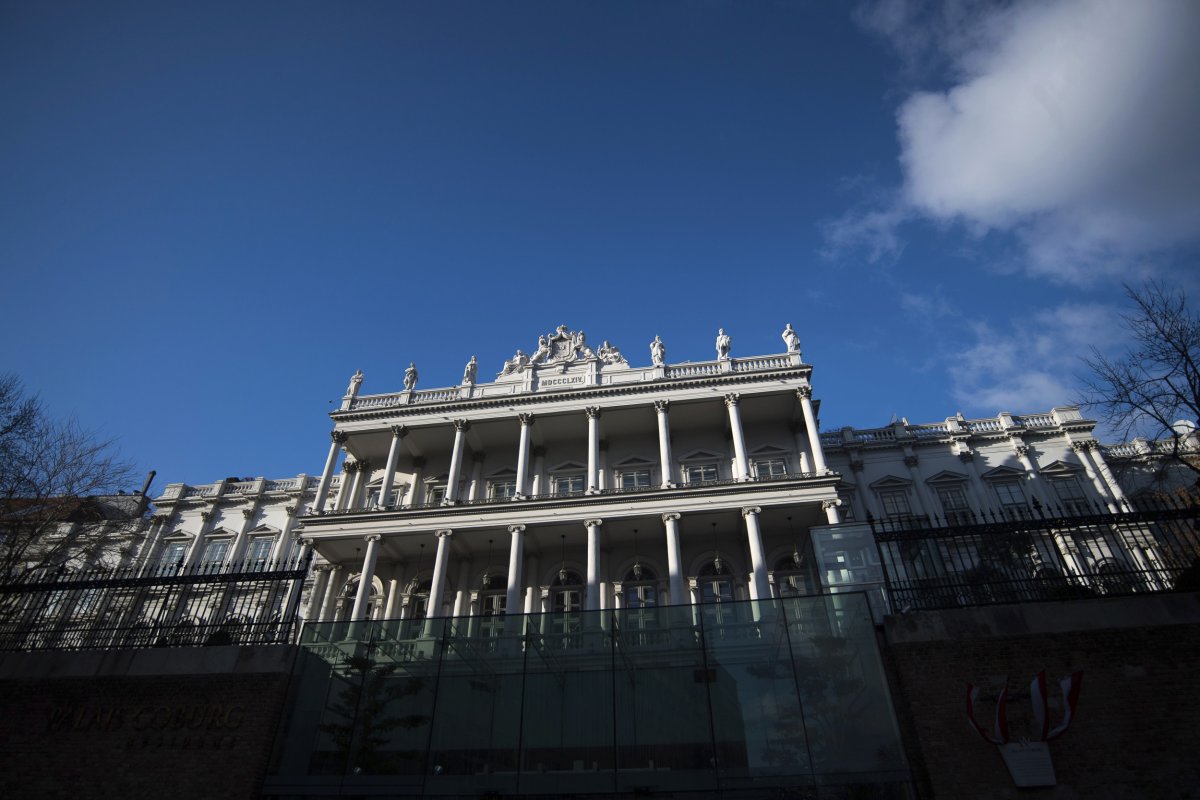As negotiations aimed at restoring the broken 2015 nuclear deal were set to resume, Iran requested that the U.S. and allied governments pledge to allow Tehran to export crude oil.
Iranian Foreign Minister Hossein Amirabdollahian also told reporters that the nation would press other countries to ease the sanctions imposed against its oil industry in order to reach the "point where Iranian oil is being sold easily and without any barriers and its money arrives in Iran's bank accounts."
The landmark 2015 deal eased sanctions on Iran in a trade for adding limits on its nuclear program. President Donald Trump pulled the U.S. out of the deal in 2018 and enacted sweeping sanctions on Iran, including against its heavily relied upon oil sector.
The move weakened Iran's economy as exports of crude oil sharply decreased and international oil companies dropped deals with Tehran.
The most recent rounds of talks for potentially reviving the deal adjourned earlier in December after Tehran added new demands. Amirabdollahian said ahead of Monday's reconvening that Iran wanted to "be able to enjoy full economic concessions under the nuclear deal."
"Guarantee and verification [of the removal of sanctions] are among topics that we have focused on," he said.

The new, conservative administration of Iranian President Ebrahim Raisi has repeatedly demanded the removal of all economic sanctions before Iran reins in its nuclear advances.
Separately on Monday, Iranian Foreign Ministry spokesman Saeed Khatibzadeh said it would be "intolerable" for the West to demand anything from Tehran beyond compliance with the original deal.
Iran has steadily abandoned all of the accord's limits since the American withdrawal and is now enriching uranium to 60% purity—a short, technical step from weapons-grade levels. It spins ever-more advanced centrifuges also barred by the deal.
Iran insists that its nuclear program is peaceful. But the country's significant nuclear steps have alarmed regional foes like Israel and world powers. Diplomats have warned that time is running out to restore the deal as Iran maintains a hard line in putting the onus on the U.S. to lift sanctions.
From Israel, which fiercely opposed the 2015 deal, Foreign Minister Yair Lapid repeated his country's vow that Iran will never get a nuclear weapon.
"Certainly we prefer to act through international cooperation, but if necessary—we will defend ourselves, by ourselves," he said, a veiled threat of unilateral military action against Iran's nuclear program. "A good agreement is a good thing. We do oppose an agreement that does not promise real oversight of the Iranian nuclear program and Iran's money and terrorist network."
The talks involve all the parties to the original nuclear deal—Iran, Britain, France, Germany, Russia and China. Iran refuses to talk directly to the American envoy, who is engaging through the other signatories.
Khatibzadeh told reporters on Monday that Enrique Mora, the European Union diplomat chairing the talks, would ferry messages and drafts between Iran and the U.S.
"We present our views in writing, and the dialogue is ongoing in Vienna in an indirect way," he said.
The Associated Press contributed to this report.

Uncommon Knowledge
Newsweek is committed to challenging conventional wisdom and finding connections in the search for common ground.
Newsweek is committed to challenging conventional wisdom and finding connections in the search for common ground.
About the writer
Zoe Strozewski is a Newsweek reporter based in New Jersey. Her focus is reporting on U.S. and global politics. Zoe ... Read more
To read how Newsweek uses AI as a newsroom tool, Click here.






